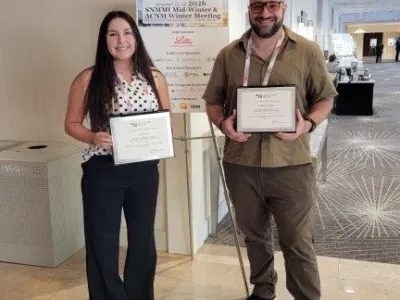Oregon Institute of Technology (Oregon Tech) announced that the University will reduce its proposed tuition increase to 4.5%, instead of the previously announced rate increase of 6.6%. The announcement is based on adjustments to the Higher Education Coordinating Commission (HECC) funding model.
After the April board meeting, Oregon Tech continued working with colleagues at the HECC to better understand details of how the new funding allocation model was implemented and whether it is achieving expectations. Following a series of discussions with Oregon Tech leadership and HECC executive staff, the HECC agreed to revise formula weights for select allied health programs. During a joint meeting last week with HECC staff, financial representatives from Oregon’s other six public universities unanimously supported the revision.
Oregon Tech trustees reviewed the revised funding at a special meeting today and voted to reduce the earlier approved tuition increase to 4.5% with a .5% mandatory fees increase.
Board Chair Jessica Gomez commended the work to revise the formula. “Oregon Tech administration has been working for months to help protect our students from unnecessary tuition increases,” said Chair Gomez. “I want to thank Vice President John Harman, Assistant Director of Budget Anna Clark, Director of Institutional Research Farooq Sultan, and other staff who continued to work in the background to make this happen and HECC for recognizing the need.”
President Naganathan says the University will continue to pursue opportunities to build alternative revenue streams and to achieve more efficient operations while maintaining quality degree programs and a rewarding student experience.
###








